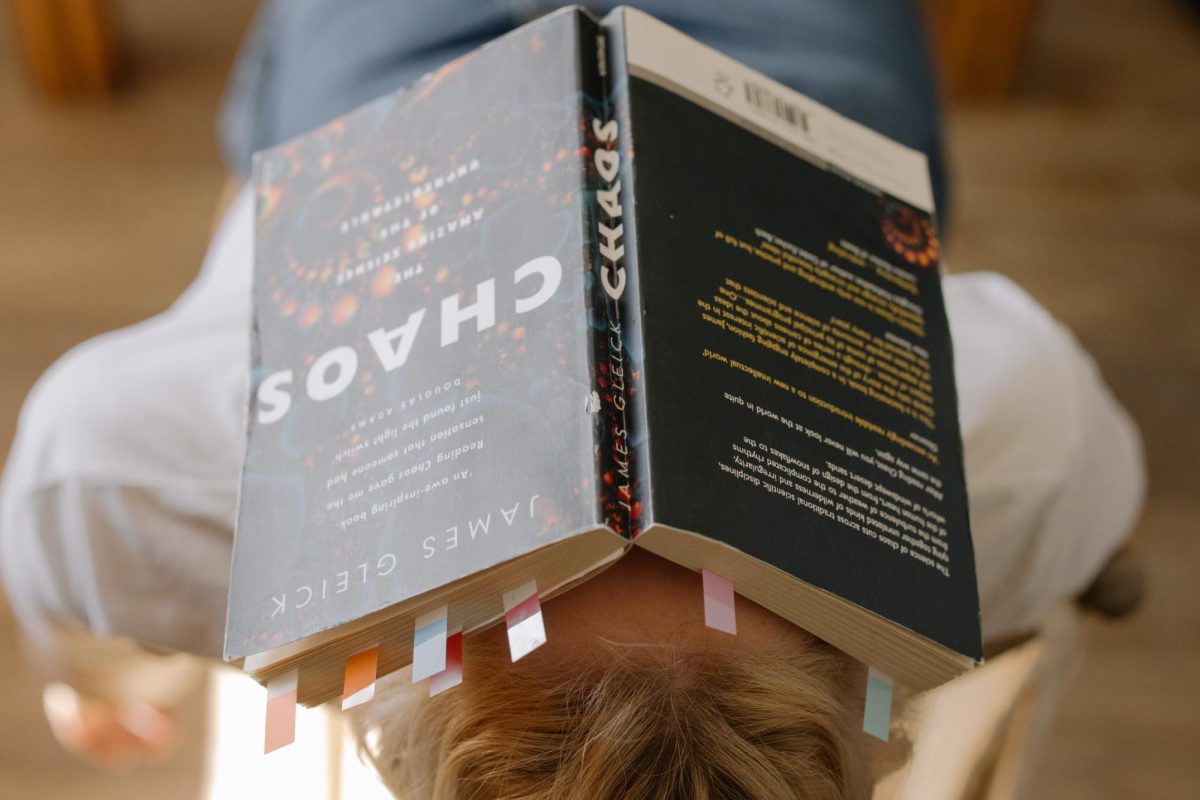“Welcome to the real world.”
This is a common phrase used when talking to young adults entering the workforce, or even just adults coming into their independence.
It’s a phrase I’ve heard a lot as I’ve come into my adulthood and I’ve always hated it. It felt like it diminished whatever someone was going through, as if all struggles had to be lessons. More importantly, it assumes that everyone is “welcomed into the real world” with the same resources.
When I moved out of my childhood home and into my dorm room in the summer of 2019, there was an unspoken expectation that I would not be coming back. In fact, I had spent my last week at home sleeping on our couch because my room had already been surrendered to another family member.
Everything that I owned was packed away and ready for the journey three-and-a-half hours north of my hometown of San Jose to settle in my new home — Chico.
Soon, freshman year began and the semester progressed. During holiday breaks and three-day weekends, many of my classmates returned home to sleep in their childhood bedrooms. This came as a shock to me because during breaks I was often sleeping on my mom’s living room floor or couch. This was the first time I had ever recognized disparities between my college colleagues and I.
During my COVID-era sophomore year, I moved out of my dorm room and into an apartment. The world shut down so I spent most of my time in Zoom classes or working part-time. While many of my classmates were able to find refuge in their childhood homes, I was stuck balancing school and on top of work.
It was simple. If I didn’t pay rent I wouldn’t have anywhere to live. At times, juggling both responsibilities felt borderline impossible.
I am not alone in feeling this way and the effects can be detrimental. A study by the American Educational Research Association found that students who work while enrolled in school are 20% less likely to complete their degrees.
I felt the weight of working weighing down my ability to concentrate on my studies, on furthering my education and thus my career.
I found myself feeling angry, even cheated out of the ability to focus on school. I felt as if I had been handed a burden that I never asked for.
By my junior year, I retained a bout of resentment towards my peers and friends that didn’t have to work to sustain themselves. Like many students, the only reason I was able to afford college was because of my financial aid. Working was not an option or an extracurricular — it was a necessity.
I observed the social culture on campus and wondered how people were able to spend the weekends partying and not working, or even thinking about money. My finances were constantly looming over me.
Flash forward to my fall semester of 2023, and I’m finishing my final semester before graduating. The majority of my classmates and friends that I began school with have now graduated and are entering the workforce.
Many of them are moving back home to pursue their careers with the promise of somewhere to live while they navigate the working world.
I don’t have this privilege and many graduates won’t. While many of my peers are able to rely on family to serve as safety nets while they enter their careers, I cannot. Year after year I find myself put at a disadvantage, for no reason other than the cards I was dealt.
So please don’t welcome me to the “real world” with sarcastic phrases and snarky remarks. I have known about the “real world” for a very long time.
More importantly, remember to be empathetic. The “real world” doesn’t look the same to everyone.
Maricarmen Becerra-Gonzalez can be reached at [email protected]









